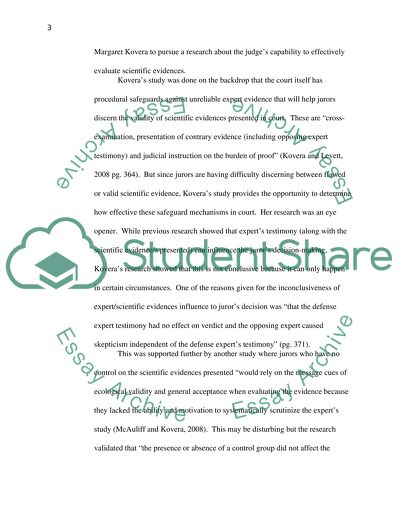Cite this document
(“Researches of Professor Margaret Kovera, Phd Essay”, n.d.)
Researches of Professor Margaret Kovera, Phd Essay. Retrieved from https://studentshare.org/psychology/1455420-researches-of-professor-margaret-kovera-phd
Researches of Professor Margaret Kovera, Phd Essay. Retrieved from https://studentshare.org/psychology/1455420-researches-of-professor-margaret-kovera-phd
(Researches of Professor Margaret Kovera, Phd Essay)
Researches of Professor Margaret Kovera, Phd Essay. https://studentshare.org/psychology/1455420-researches-of-professor-margaret-kovera-phd.
Researches of Professor Margaret Kovera, Phd Essay. https://studentshare.org/psychology/1455420-researches-of-professor-margaret-kovera-phd.
“Researches of Professor Margaret Kovera, Phd Essay”, n.d. https://studentshare.org/psychology/1455420-researches-of-professor-margaret-kovera-phd.


